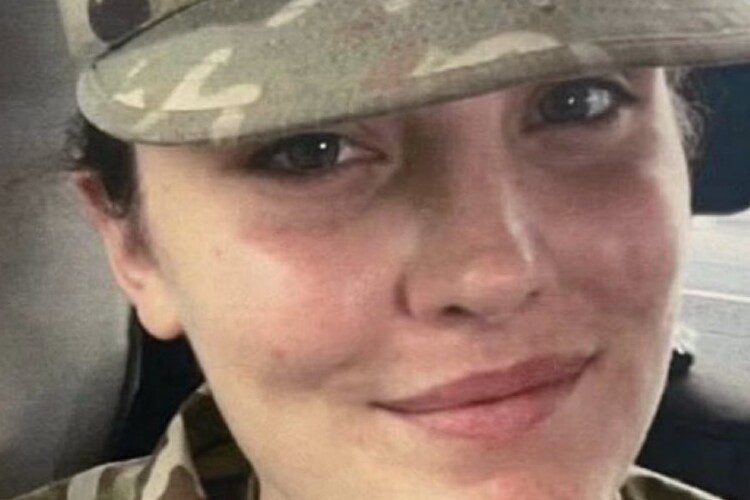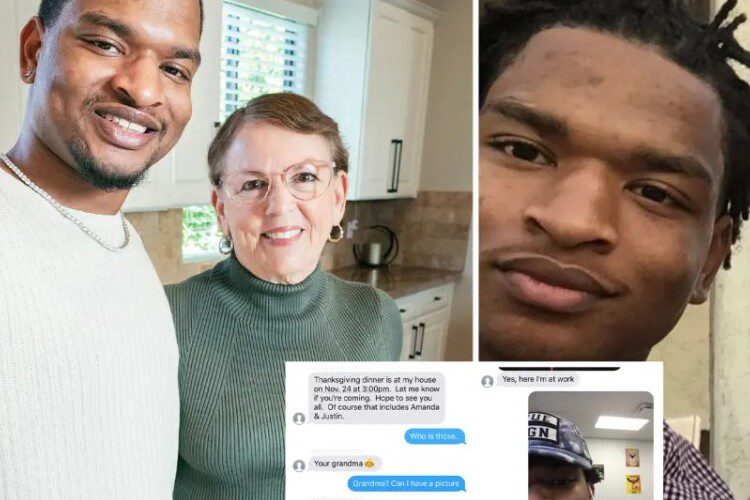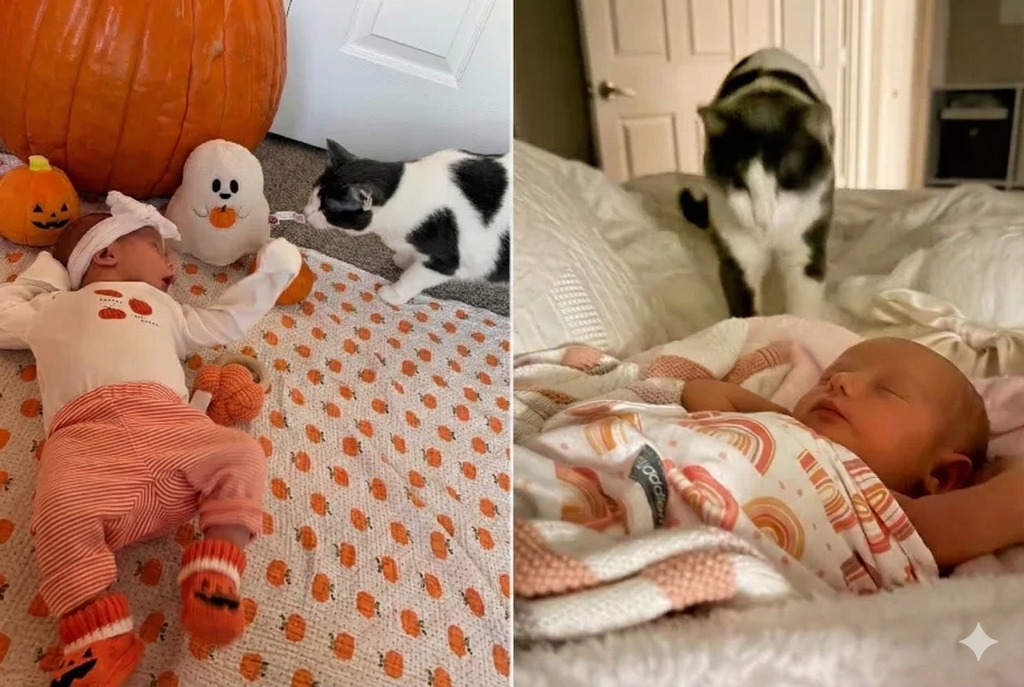West Virginia Guardsman’s ‘Mortal Wound’ Leaves Father at Bedside in Heart-Wrenching Vigil for 20-Year-Old Hero
The sterile scent of antiseptic hung heavy in the air of MedStar Washington Hospital Center’s ICU on the evening of November 26, 2025, as Gary Beckstrom gripped his daughter’s hand, willing strength through the thin veil of tubes and monitors that separated them. At 20, Specialist Sarah Beckstrom lay still in the bed, her West Virginia National Guard uniform folded neatly on a chair beside a bouquet of wildflowers from her platoon mates, her chest rising in shallow rhythms after hours of surgery for wounds that doctors described as grave. “I’m holding her hand right now. She has a mortal wound,” Gary told a New York Times reporter in a hushed voice from the waiting room, his words a raw admission of the unimaginable—the young woman who had dreamed of nursing school and family holidays now fighting for every breath in a city she had come to protect. Beckstrom, one of three Guardsmen ambushed in Farragut Square earlier that day, became the fragile thread of hope amid profound loss, her story unfolding as a testament to the quiet courage of those who serve, even as a nation mourned the fallen and questioned how a routine patrol turned into a battlefield just blocks from the White House.

Sarah Beckstrom’s life, brief but bright, was woven from the resilient fabric of small-town West Virginia, where the Appalachian hills roll like green waves and community ties run deeper than the coal seams below. Born in 2005 in Beckley, a town of 16,000 where her father Gary worked as a mechanic and her mother Lisa taught elementary school, Sarah grew up in a home filled with the laughter of backyard barbecues and the hum of her dad’s garage radio tuned to country stations. From an early age, she showed a gentle determination—volunteering at the local animal shelter, captaining her high school soccer team, and earning straight A’s that led to a partial scholarship at Bluefield State University for nursing. Enlisting in the National Guard at 18 in 2023, she balanced weekend drills with classes, her decision inspired by her grandfather’s Vietnam stories and a desire to “give back to the place that raised me.” “She was the one who’d stay late to help a friend study or bring cookies to the armory—always thinking of others,” her best friend and fellow Guardsman, Cpl. Ana Ruiz, shared through quiet sobs at a vigil outside the hospital that night, where 400 supporters gathered under portable lights, their candles flickering like distant stars. Beckstrom’s deployment to D.C., starting mid-October as part of the 1,200-troop rotation for federal support, was a point of pride—she FaceTimed her parents daily, joking about the “fancy monuments” and promising to be home for Thanksgiving pie.
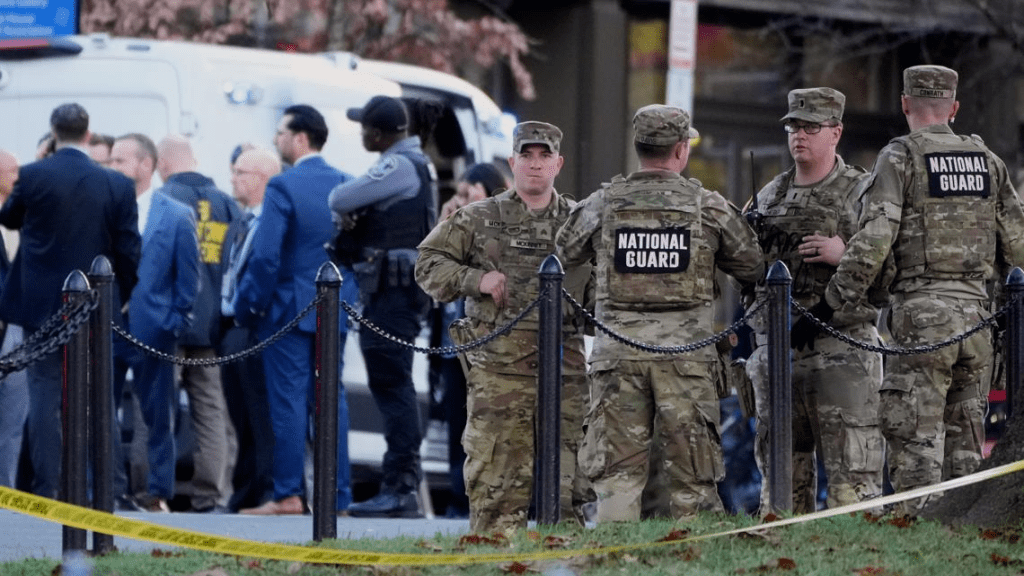
The ambush shattered that routine at 2:20 p.m. in Farragut Square, a downtown green space alive with the lunch-hour flow of Metro commuters and office workers when Rahmanullah Lakanwal, a 29-year-old Afghan immigrant, allegedly approached the three Guardsmen—Beckstrom, Sgt. Michael Harlan, 28, and Sgt. Andrew Wolfe, 24—from behind a bench. Lakanwal, who had driven 3,000 miles from Bellingham, Washington, in a rented van over 40 hours, pulled a .357 Magnum revolver from his jacket and fired four rounds in rapid succession, striking Harlan fatally in the chest, Vasquez in the upper body, and Beckstrom in the abdomen and shoulder. Harlan and Vasquez succumbed en route to hospitals, but Beckstrom, alert enough to whisper her name to paramedics, was rushed into surgery, her vitals crashing as she lost over a liter of blood. “She fought like hell to stay with us,” her surgeon, Dr. Elena Vasquez (no relation), later recounted to family, her voice thick with admiration for the young woman’s resilience. The gunman, yelling “Allahu akbar” as he grabbed Beckstrom’s dropped sidearm to press the attack, was halted by a nearby National Guard major who lunged unarmed with a pocket knife, stabbing him in the head during a reload pause—a heroic split-second that allowed Sgt. Marcus Hale from the Virginia Guard to arrive and fire two disabling shots into Lakanwal’s legs and buttocks.
Lakanwal, now facing federal murder and terrorism charges in D.C. Superior Court, carries a backstory that deepens the tragedy’s layers. Arriving in the U.S. in 2021 via the Special Immigrant Visa program after serving as a security contractor for American forces in Kandahar from 2018 to 2021, he resettled in Bellingham with his wife and five children, taking warehouse shifts while his green card application languished in backlog. Neighbors remembered him as “quiet, kept to himself,” a man who coached youth soccer but avoided deep conversations, his evenings spent on a laptop that FBI raids revealed contained encrypted files and a journal sketching “symbols of oppression” like the White House. No prior arrests marred his U.S. record, but preliminary checks flagged distant Taliban family ties and online searches for “military targets in D.C.,” gaps from rushed vetting during the 2021 withdrawal chaos as detailed in a June 2025 Justice Department report on Operation Allies Welcome. Stabilized after surgery at GWU Hospital, he remains under guard, his silence leaving agents to trace a cross-country path fueled by radical inspirations, though no group affiliation has surfaced.
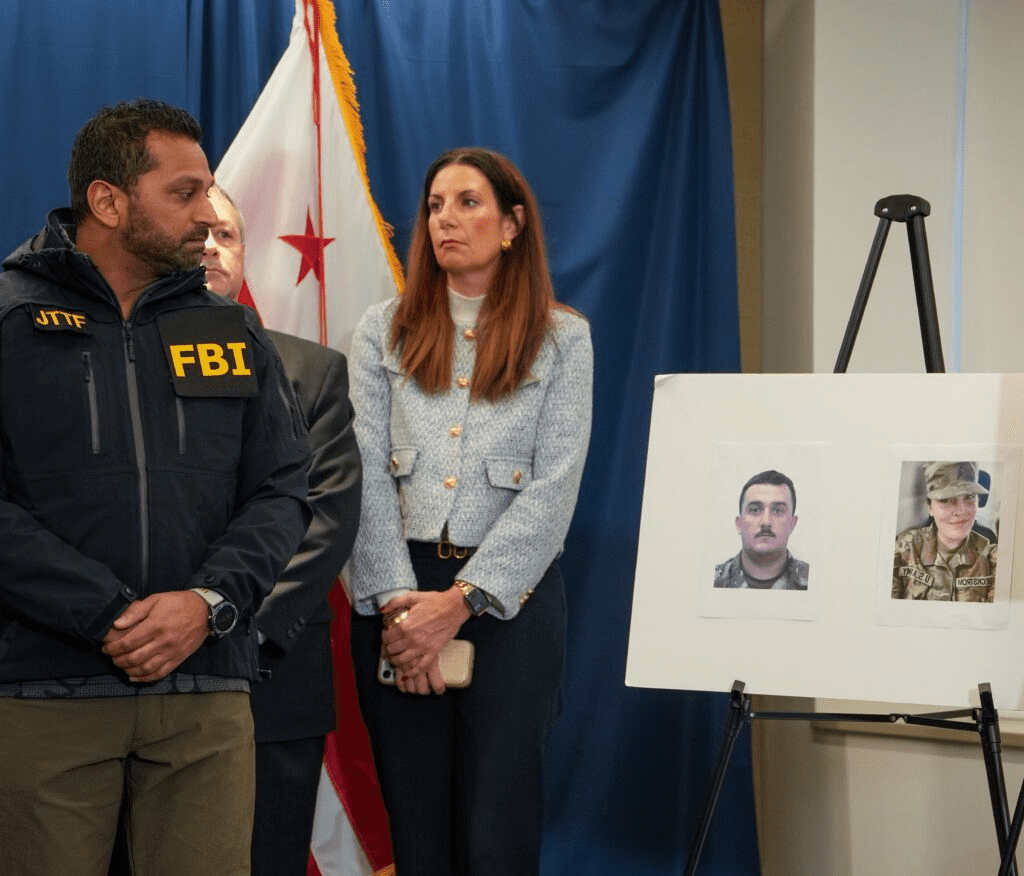
Gary Beckstrom’s bedside vigil, a father’s unyielding presence amid beeps and bandages, captures the raw humanity of the unfolding crisis. A 52-year-old mechanic with grease-stained hands from years under hoods, Gary arrived from Beckley on a chartered Guard flight, his flight a blur of prayers and calls to Lisa, Sarah’s mother, who stayed home with their other children. “She’s my girl—the one who fixed my coffee just right every morning,” Gary told the Times reporter, his voice a whisper as he stroked Sarah’s hair, her uniform patch—”WVNG 153rd MP Bn”—a badge of the life she loved. Doctors, after a five-hour procedure to repair her spleen and stabilize blood loss, upgraded her from critical to serious but warned of infection risks and long-term mobility challenges. “It’s not going to be a recovery like before—she’s got a mortal wound, but her spirit’s fighting,” Gary said, his words a father’s hope laced with the ache of knowing Sarah’s soccer dreams and nursing aspirations hang in balance. Lisa, monitoring from Beckley, organized a prayer chain with 200 family friends, her updates on Facebook a lifeline: “Sarah squeezed his hand—miracles happen.”
The response from Washington, swift and somber, wove grief with resolve. President Trump, briefed at Mar-a-Lago, posted on Truth Social at 3:15 p.m.: “The brave National Guardsmen shot in DC are in our prayers… We will find justice, and make our cities safe again!” By 5 p.m., he ordered Defense Secretary Pete Hegseth to surge 500 additional troops to D.C., bolstering the 1,200 already there. “This cowardly act stiffens our resolve—we secure our capital for heroes like Sarah,” Hegseth announced from the Pentagon, his voice carrying a veteran’s weight. Vice President JD Vance, landing at Andrews by 7 p.m., visited the hospital, sitting with Gary and promising federal aid for Sarah’s care. “She’s a warrior—America’s got her back,” Vance said, his Marine grit shining as he hugged Ruiz, Beckstrom’s platoon mate. West Virginia Gov. Patrick Morrisey, voice breaking in Charleston, ordered half-staff flags: “Sarah’s our daughter—fighting for us all.”
Vigils swelled like a tide, from Beckley’s armory where 1,500 lit candles under mountain skies to D.C.’s National Cathedral, where clergy led prayers for the wounded and fallen. GoFundMe for Beckstrom’s family topped $1.1 million, from Guardsmen pooling paychecks to celebrities like Brad Paisley, a West Virginian who tweeted, “For Sarah—hold on, kid, we’re with you.” Social media, under #PrayForSarah, trended with 4.5 million posts—photos of her in fatigues at prom, her soccer jersey, fans sharing stories of Guardsmen who “changed my life.” In Anacostia, where Lakanwal lived, leaders hosted interfaith gatherings, Imam Khalid Rahman speaking to crowds: “Sarah’s light calls us to kindness—her fight is ours.” Sen. Elissa Slotkin, whose troop comments drew heat, posted condolences: “Sarah’s courage humbles me—full recovery, brave one.”
As dawn broke on November 27, with troops patrolling under streetlights, Beckstrom’s vigil became America’s—a symbol of endurance. For Gary, holding her hand through the night, and Lisa reading bedtime stories over speakerphone, Sarah’s whisper of recovery promises light. In a season of thanks, her story reminds that heroes like her—young, devoted, unbreakable—deserve every prayer, every stand.
